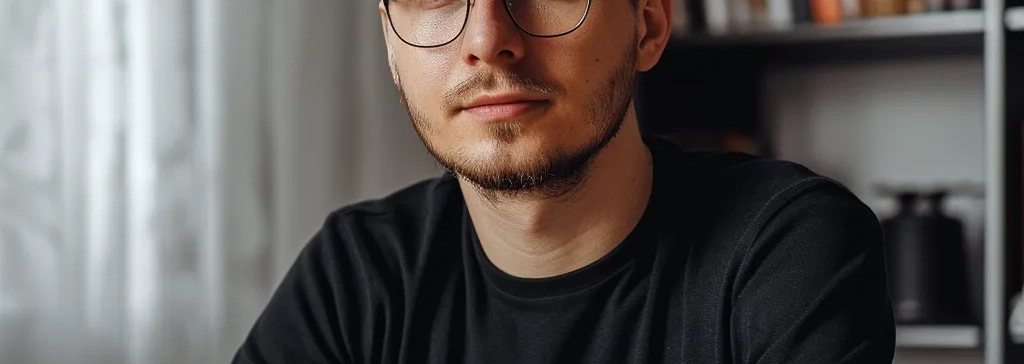


The Project Management Officer (PMO) manages and coordinates projects within a company. He/she implements a precise methodology and standardised processes to optimise the efficiency and execution of the actions undertaken. They supervise projects with organisational, technological or strategic aims (e.g. modernisation of information systems).
The PMO has a cross-functional view of projects, programmes and portfolios. This position enables them to coordinate the various teams and stakeholders. As project managers, they are responsible for drawing up monitoring reports, managing schedules and budgets and ensuring the quality of deliverables.
This job belongs to the field of project management.








The PMO is familiar with various CRM (Customer Relationship Management) systems such as Salesforce and Adobe, as well as ERP (Enterprise Resource Planning) systems such as SAP and Oracle. They use these on a daily basis to monitor the progress of projects and the associated budgets and resources. Among the tools used on a daily basis are planning tools such as PERT and GANT combined with Microsoft Excel. Fluency in English is a plus.
He has project management certifications:
The PMO must have good listening and communication skills to understand the needs of multidisciplinary teams. He or she will demonstrate leadership skills in guiding, motivating and coordinating teams. PMOs have good analytical and problem-solving skills: they quickly identify obstacles and propose solutions.
You need 5 years' higher education to practise this profession. After the baccalauréat, you can go on to a Master's degree (M1, M2) or an engineering degree, followed by initial professional experience in project management.
After a few years, a PMO project manager may move into management or consultancy positions. They may become programme directors, project management managers or agile project managers. Thanks to their experience and versatility, PMOs can also specialise in areas such as change management or digital transformation.